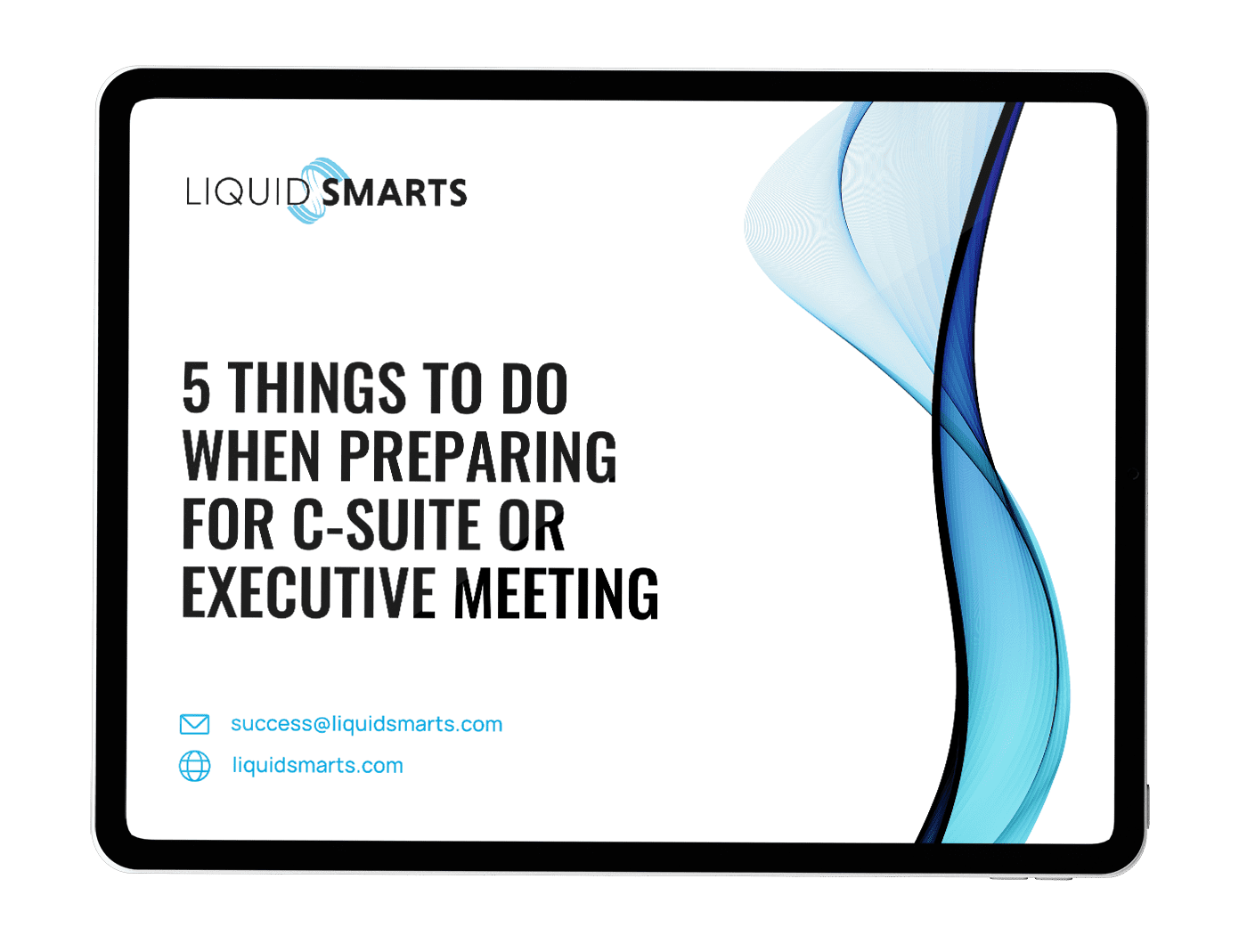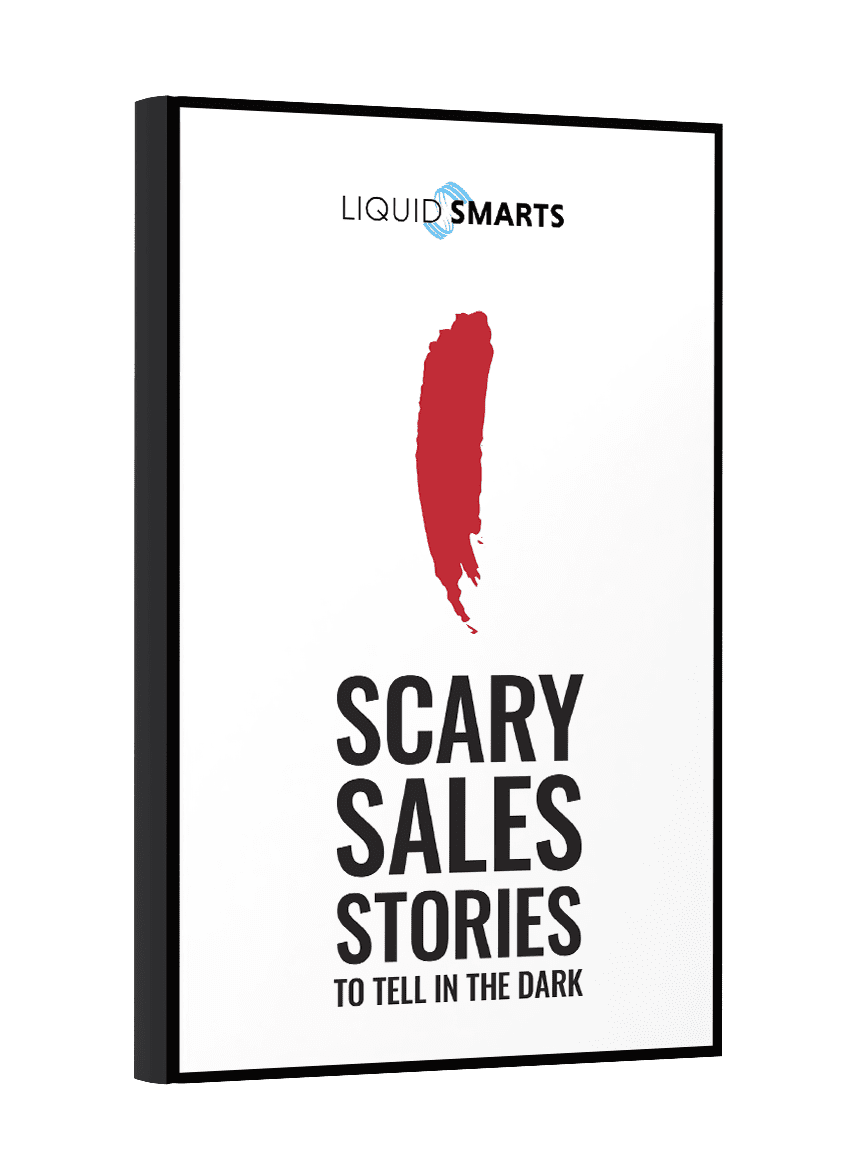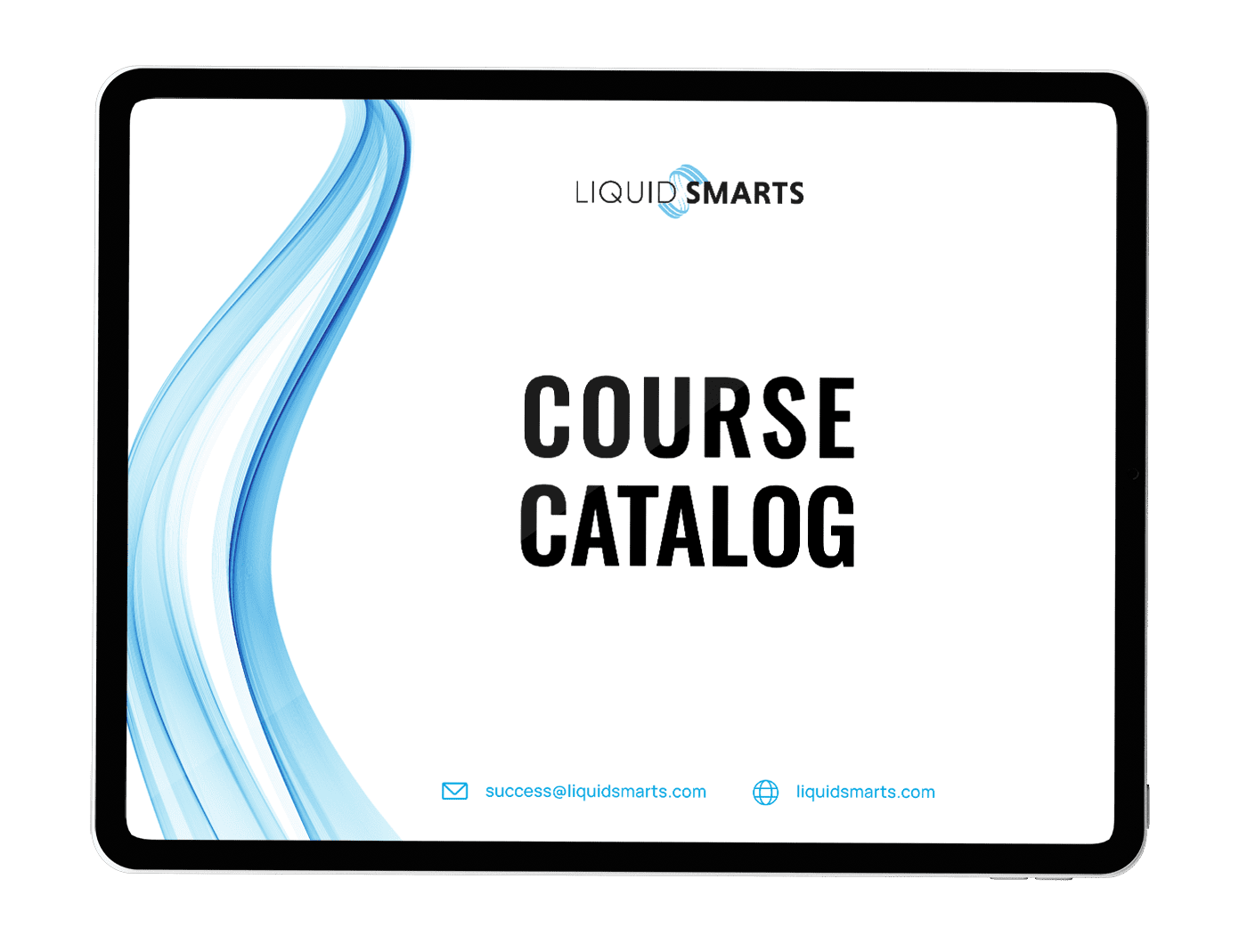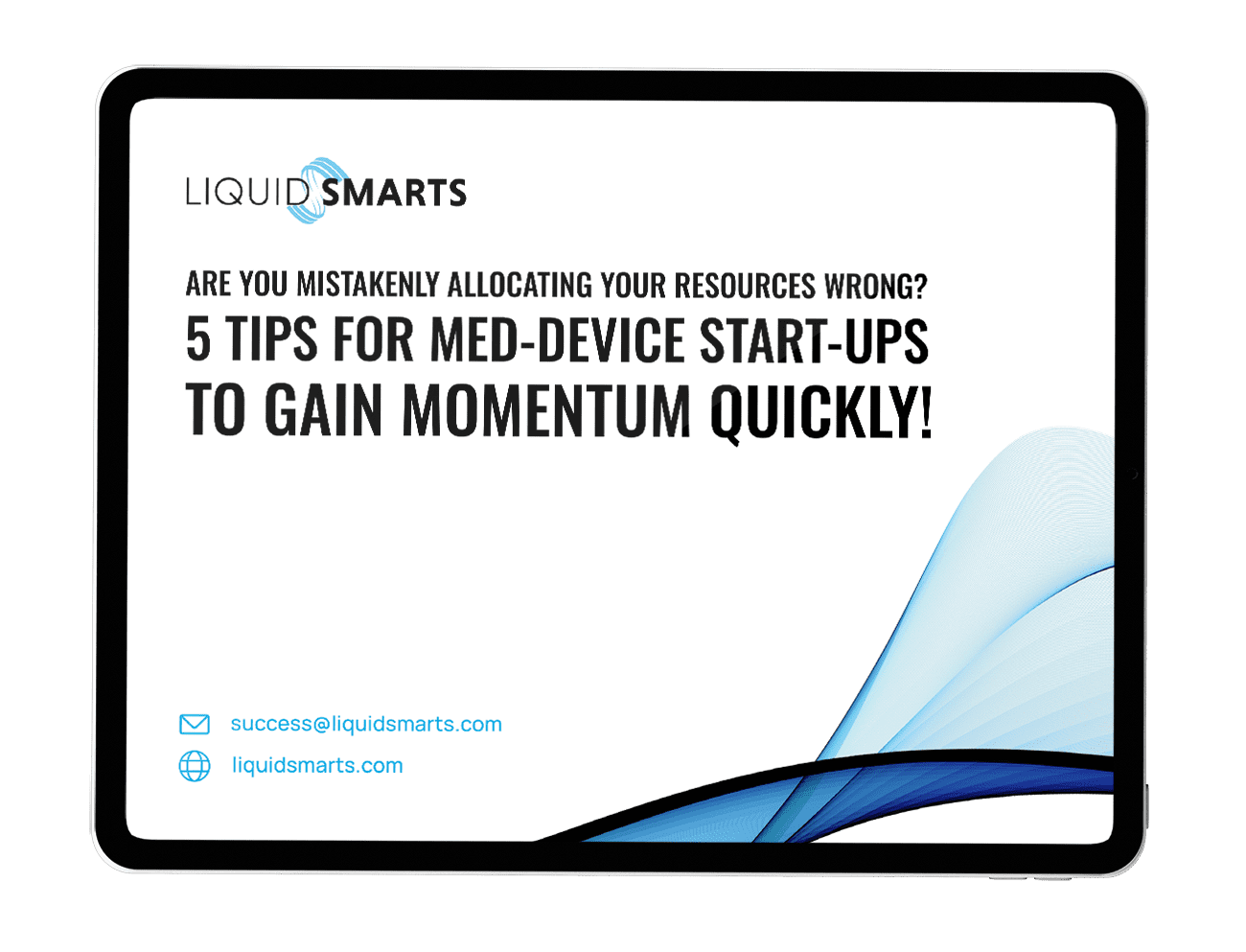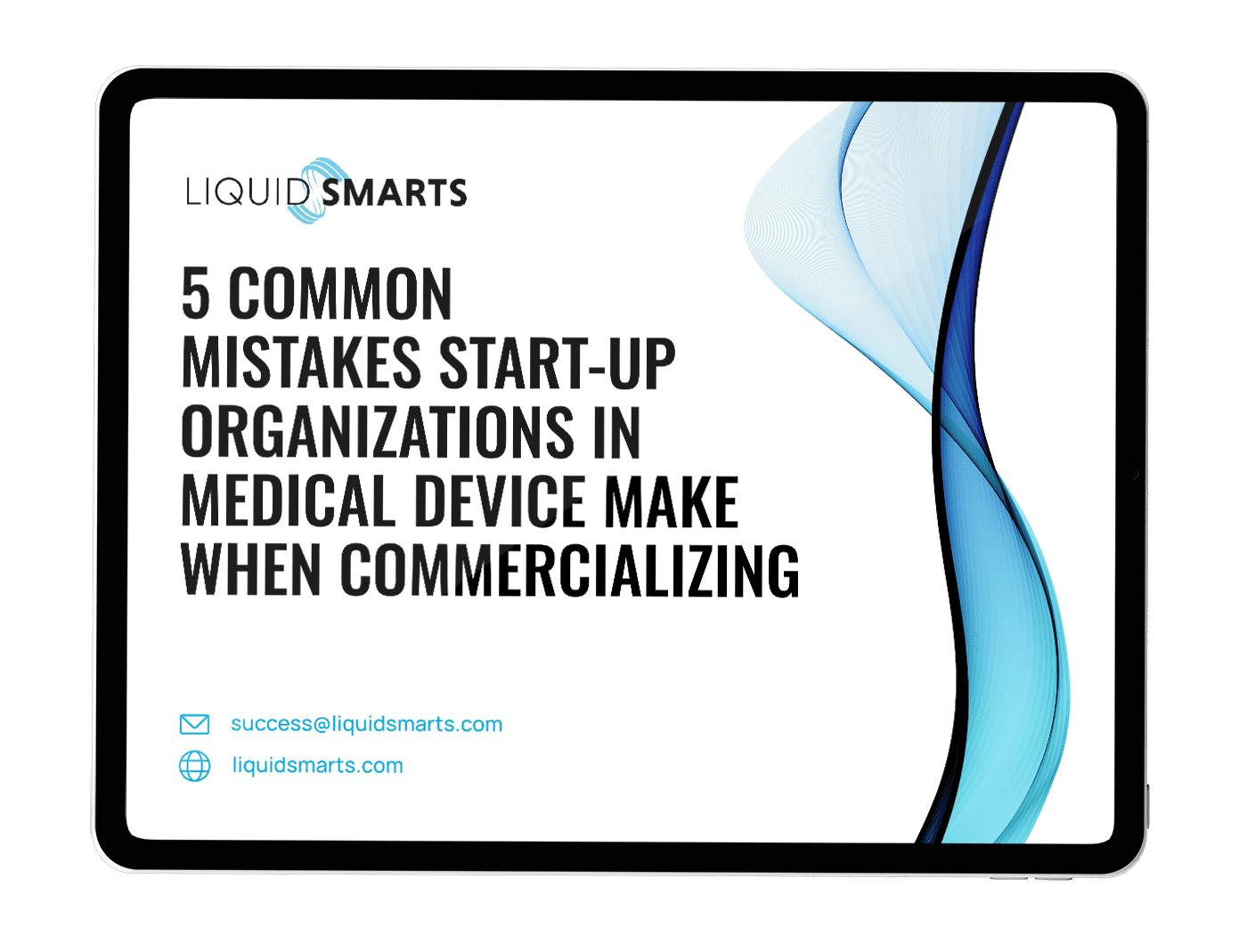Marketing and sales teams in the medical device industry need to understand the US Healthcare reform and the shift to value-based care because it has significant implications. The shift towards value-based care is a fundamental change in how healthcare is delivered and reimbursed, and it has the potential to significantly impact the demand for medical devices and the way they are marketed and sold.
Value-based care is focused on improving patient outcomes and reducing healthcare costs. Under this model, healthcare providers are reimbursed based on the quality of care rather than the volume of services they offer. This has increased emphasis on preventative care, care coordination, and using technology and data to improve patient outcomes and reduce healthcare costs.
Marketing and sales teams in the medical device industry need to understand the implications of this shift toward value-based care. They must demonstrate how their products can improve patient outcomes and reduce healthcare costs. Doing so requires a deep understanding of the healthcare system and the challenges healthcare providers face in delivering high-quality care while managing costs.
Four competencies are essential
Focus on outcomes
Value-based care is all about improving patient outcomes and reducing healthcare costs. Salespeople must demonstrate how their products can help healthcare providers achieve these goals. They should highlight the clinical evidence supporting their products and provide data on how they can improve patient outcomes and reduce healthcare costs.
Emphasize patient engagement
Under the value-based care model, there is a greater emphasis on patient engagement and empowerment. Salespeople should demonstrate how their products can help healthcare providers engage with patients and improve patient satisfaction. This may involve highlighting the user-friendly design of their products or showcasing how their products can be used to provide patients with real-time feedback on their health status.
Highlight the total cost of ownership
While the initial cost of a medical device is essential for healthcare providers, it is not the only factor they consider. Salespeople need to communicate the total cost of ownership of their products, including the ongoing costs associated with maintenance, training, and support. They should also demonstrate how their products can help healthcare providers reduce costs in other areas, such as by reducing the need for expensive medications or hospitalizations.
Align with new regulatory and policy changes
For example, let’s consider introducing bundled payments for specific medical procedures. Under the bundled payment model, healthcare providers are reimbursed a fixed amount for all services related to a particular medical procedure rather than being reimbursed separately for each service. Healthcare providers are more incentivized to control costs while maintaining high-quality care. Salespeople need to be able to adapt their strategies and tactics to align with these changes and to ensure that their products are well-positioned to meet the needs of healthcare providers under the new model.
Unlock the Benefits of Value-Based Care for Medical Device Companies
Marketing and sales teams need to be able to communicate the value proposition of their products in a way that resonates with healthcare providers under the value-based care model. This may require a different approach to marketing and sales than the traditional volume-based model and may involve greater collaboration with healthcare providers to develop products tailored to their specific needs. By understanding and adapting to the shift towards value-based care, medical device companies can better position themselves for success in a rapidly changing healthcare landscape.
Adapting to the shift in medical device marketing and sales requires understanding the new landscape and proactively implementing changes. Medical device companies must invest in ongoing education and training for their marketing and sales teams to ensure they are up-to-date with the latest trends and best practices in value-based care. Additionally, fostering partnerships with healthcare providers can lead to more meaningful product development that addresses the unique needs and challenges of the value-based care model.
Moreover, medical device companies must also be prepared to adapt their product offerings to better align with value-based care goals. This adaptation may involve redesigning existing or developing new products, prioritizing patient outcomes, and reducing costs. Embracing innovative technologies like data analytics and artificial intelligence can help medical device companies gather insights to inform product development and optimize their marketing and sales strategies.
The shift towards value-based care presents challenges and opportunities for medical device companies. By focusing on patient outcomes, emphasizing patient engagement, highlighting the total cost of ownership, and aligning with new regulatory and policy changes, medical device companies can successfully navigate the evolving landscape and thrive in the era of value-based care.


